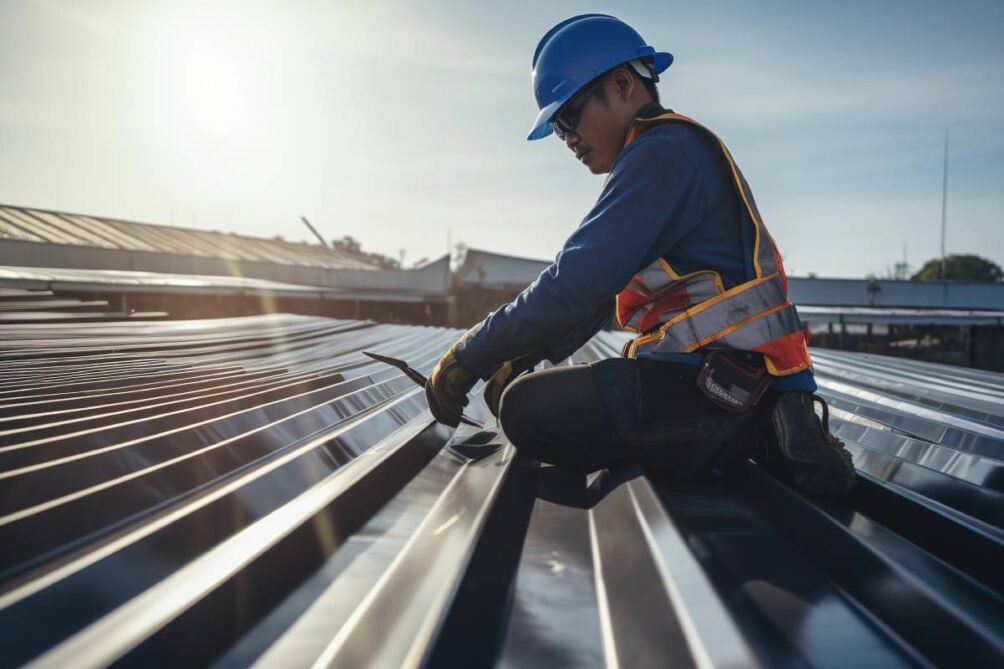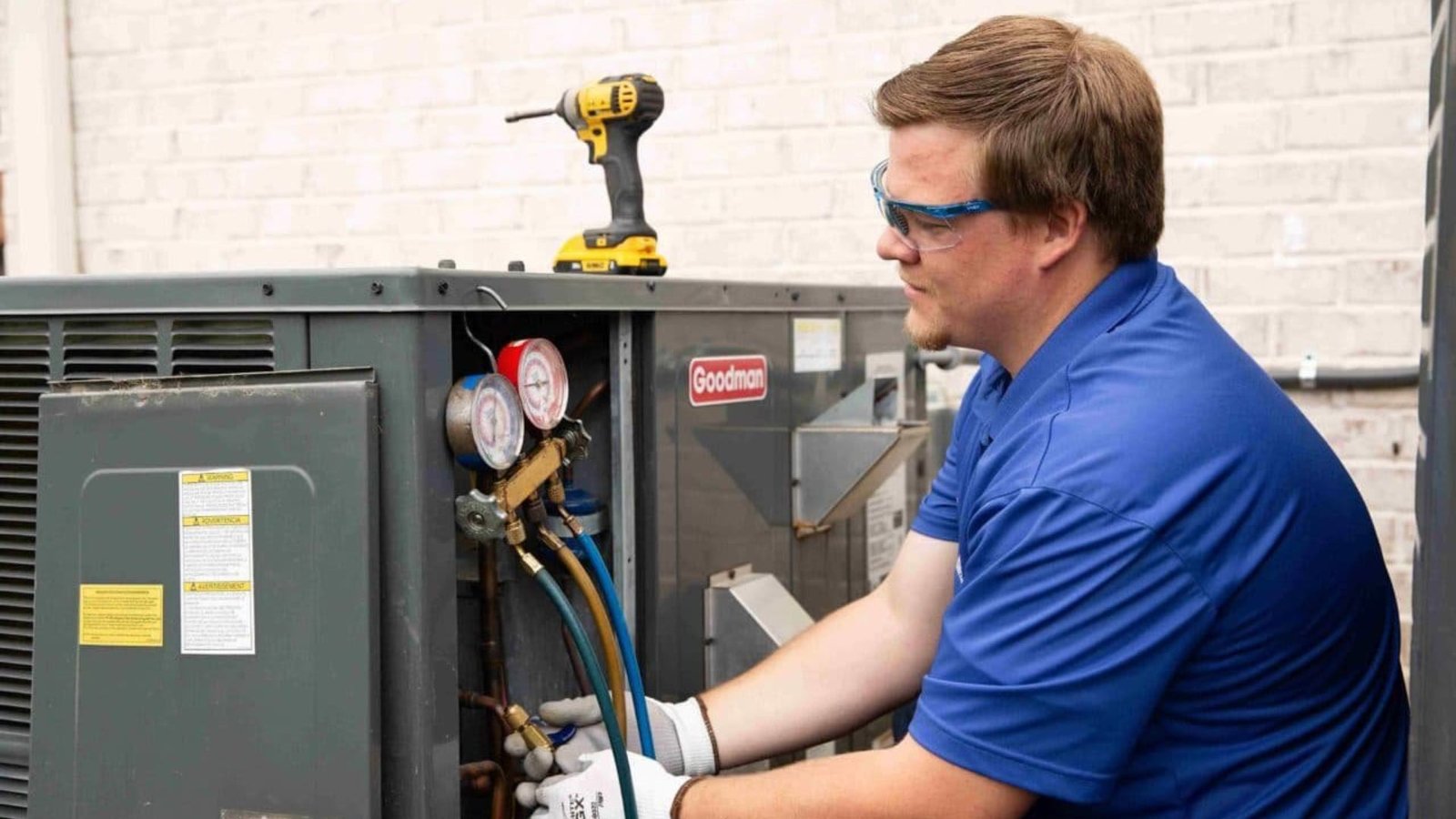Owning or managing a commercial property comes with a lot of responsibilities. One of the most important aspects of property management is conducting regular inspections. These inspections help ensure that the property is safe, well-maintained, and compliant with local regulations. By identifying potential issues early on, property owners and managers can avoid costly repairs, prevent safety hazards, and increase the property’s overall value. In this article, we will explore the importance of regular commercial property inspections and why they are essential for the long-term success of your business.

1. Ensures Safety and Compliance
The primary reason for conducting regular commercial inspections is to ensure the safety of everyone who enters the building. A well-maintained property is crucial for protecting tenants, employees, customers, and visitors from potential hazards. Property inspections help identify issues that may pose safety risks, such as:
- Faulty electrical wiring: Damaged or outdated wiring can lead to electrical fires or power outages.
- Slippery floors or damaged walkways: Uneven or cracked floors can cause slips, trips, and falls.
- Lack of fire safety systems: Inspections ensure that fire alarms, sprinklers, and fire exits are functional and compliant with fire safety regulations.
Regular inspections also ensure that the property complies with local building codes and safety regulations. This is essential not only for the safety of individuals but also to avoid fines or legal issues related to non-compliance.
2. Identifies Issues Early
A key benefit of regular commercial property inspections is the ability to identify problems early before they become major issues. Small maintenance tasks, such as cleaning gutters, repairing minor leaks, or replacing worn-out filters, can often be handled quickly and affordably. However, if these issues are ignored, they can worsen and lead to more serious and costly problems. For example:
- Leaking roofs: A small leak may seem minor, but over time, it can cause mould growth, water damage, and even structural damage to the building.
- Damaged HVAC systems: Small issues with the HVAC system can lead to inefficiency, increased energy costs, or system failure if not addressed quickly.
- Pest infestations: Early detection of pests can prevent them from spreading and causing more damage to the property.
Regular inspections help catch these issues while they are still manageable, saving you money and reducing the risk of damage to your property.
3. Reduces Long-Term Repair Costs
Addressing problems early through regular inspections can save property owners and managers significant amounts of money in the long run. Minor repairs are typically much less expensive than major repairs or replacements. For example, fixing a small plumbing leak can cost a few hundred dollars, while a full pipe replacement due to neglect can cost thousands of dollars.
By investing in regular inspections, you can avoid the need for expensive repairs down the road. Additionally, staying on top of maintenance tasks can extend the lifespan of key systems, such as the roof, HVAC, and electrical systems, further reducing the need for costly replacements.
4. Increases Property Value
A well-maintained commercial property is more likely to retain or increase its value over time. Regular inspections help ensure that the property remains in good condition, which can attract and retain tenants, boost rental rates, and improve the overall value of the property. A property that is properly maintained is also more likely to appreciate as the market changes.
In contrast, a property that is neglected or poorly maintained may lose value, become less attractive to potential tenants, and even become more difficult to sell. Regular inspections help preserve the property’s value, making it a better investment in the long term.
5. Improves Tenant Satisfaction and Retention
For commercial property owners who lease their space to tenants, regular property inspections play a crucial role in tenant satisfaction. Tenants are more likely to stay in a building that is well-maintained, safe, and comfortable. By identifying and addressing issues promptly, property owners can provide a better experience for their tenants, leading to higher retention rates.
Additionally, when tenants see that the property owner is actively involved in maintaining the building, they are more likely to trust the property owner and feel confident that their concerns will be addressed. This can lead to better relationships with tenants, which can result in longer lease terms and fewer vacancies.
6. Prevents Legal Issues and Liabilities
Commercial property owners have a legal responsibility to provide a safe environment for tenants, customers, and visitors. Failure to maintain the property or address safety hazards can result in legal issues and liabilities. For example:
- Slip and fall accidents: If someone is injured due to a poorly maintained walkway or slippery floors, the property owner could be held liable for the injury.
- Fire safety violations: If fire alarms or sprinklers are not functioning correctly and a fire occurs, the property owner could face legal consequences.
Regular inspections help ensure that the property is up to code and free from hazards that could result in lawsuits. By identifying and fixing issues before they become serious, property owners can protect themselves from legal problems and costly settlements.
7. Helps with Insurance and Liability Protection
Many commercial property insurance policies require regular inspections to maintain coverage. By conducting inspections and keeping detailed records, property owners can demonstrate that they are actively working to prevent damage and reduce risks. This can be important for ensuring that the property is covered in the event of an accident or disaster.
In addition, some insurance providers may offer discounts or reduced premiums for properties that are regularly inspected and well-maintained. This can help reduce the cost of insurance, making it a win-win for property owners.
8. Improves Energy Efficiency
Regular property inspections can also help identify areas where the building is not operating as efficiently as it should be. For example:
- HVAC system inefficiency: Dirty or poorly maintained HVAC systems can cause higher energy consumption and higher utility bills.
- Insulation issues: Poor insulation can lead to heat loss in winter and heat gain in summer, causing the building to require more energy to maintain a comfortable temperature.
- Leaky windows and doors: Gaps around windows and doors can let air escape, increasing heating and cooling costs.
By identifying inefficiencies during an inspection, property owners can take steps to improve energy efficiency, lower utility costs, and make the building more environmentally friendly.
Conclusion
Regular commercial property inspections are essential for maintaining a safe, efficient, and valuable building. They help ensure compliance with safety regulations, identify problems early, reduce repair costs, improve tenant satisfaction, and protect against legal and financial risks. By investing in regular inspections, property owners and managers can avoid costly repairs, increase property value, and provide a better experience for tenants and visitors.
A well-maintained commercial property is not only a better investment, but it also helps maintain a positive reputation and a safe, comfortable environment for everyone who uses it.




